PRINPAG President laments greed among media practitioners, calls for ethical journalism
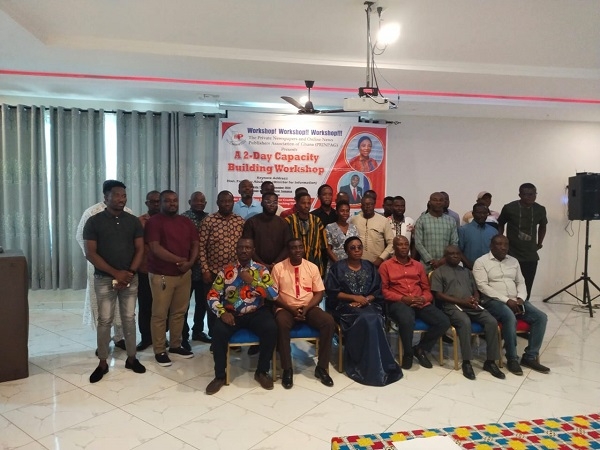 PRINPAG members in a group photograph with Information Minister
PRINPAG members in a group photograph with Information Minister
The President of the Private Newspaper and Online News Publishers Association of Ghana (PRINPAG), Mr. Andrew Arthur, has expressed concern over the high levels of greed and self-interest among media practitioners in the country.
He believes these behaviours have contributed to a disregard for journalistic ethics.
Speaking at a capacity-building workshop on election reporting for PRINPAG members in Somanya, Eastern Region, themed “Empowering Journalists for Credible Elections: Enhancing Reporting and Fact-Checking Skills,” Mr. Arthur emphasized that the powerful role of traditional media is being eroded by factors such as media fragmentation, greed, unnecessary politicization, discrimination, and a lack of adherence to professional standards.
“These negative practices have diminished the pride of the media as the Fourth Estate of the realm and led to reduced patronage, particularly of private newspapers.
Urgent measures are needed to reverse these trends, or the consequences for the industry will be disastrous,” Mr. Arthur warned.
He further noted that there is increasing evidence that people in authority and the general public are becoming reluctant to share important information with the media due to fears that sensitive details may be distorted or manipulated, largely because of the excessive politicization of the media landscape and the disregard for professional ethics.
In response to these challenges, Mr. Arthur said PRINPAG's current leadership is committed to implementing measures that will help restore trust in the media.
One such measure, he explained, is the workshop aimed at equipping journalists with the necessary skills and knowledge to report professionally on the upcoming general elections without bias.
The Minister for Information, Madam Fatimatu Abubakar, also addressed the workshop, urging media practitioners to guard against misinformation and disinformation, especially with the rise of social media.
She noted that while Ghana's 1992 Constitution prohibits censorship, it has inadvertently allowed some online platforms to engage in the spread of false information.
“Misinformation and disinformation have more severe impacts than even the COVID-19 pandemic, especially as we approach the crucial 2024 general elections,” she said, highlighting the need for responsible journalism to maintain public trust and ensure credible elections.
Source: Classfmonline.com/Cecil Mensah
Trending News

TOR boost operations with new fleets acquired from IGF
22:17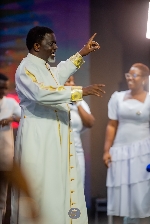
Our youth now idolising coup makers because of corrupt politicians – Agyinasare warns
11:31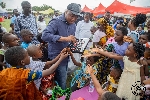
Government vows to seek justice for student killed in Latvia – Ablakwa
11:08
Fiifi Kwetey’s ‘sycophancy’ in Mahama's third term could divide NDC- GFL Secretary General warns
21:59
3 suspects linked to robberies in Afienya and surrounding communities arrested, firearms recovered
12:32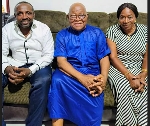
John Boadu visits Kwabena Agyepong, Prof Mike Oquaye as part of his unity tour
11:58
Police take over Immigration Officer in 2,600 AK-47 ammunition trafficking probe
20:26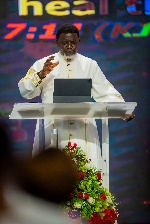
‘Make those who swallowed our riches vomit it’ – Agyinasare charges Mahama gov’t, says ‘not many’ve been tried, jailed yet’
11:16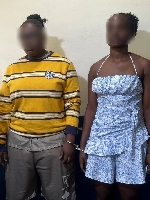
GA/R: Police arrest 2 women over alleged assault of 12-year-old girl at La Roman JHS area
20:32
Police bust suspected illegal arms deal, recover CZ rifle
23:12




